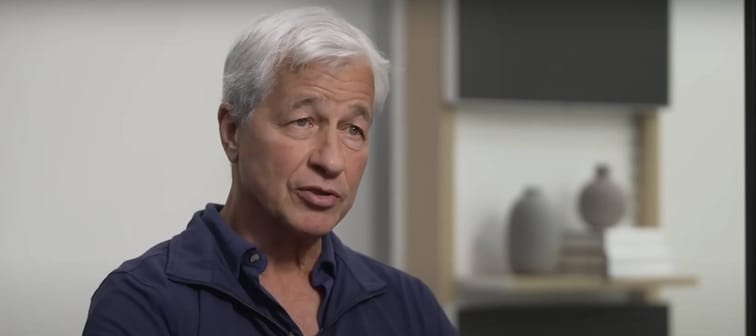How the Buffett Rule works
The Buffett Rule is a principle named for billionaire investor Warren Buffett who famously expressed concern that his effective tax rate is lower than his secretary’s because of tax rules that favor the wealthy. It says that no household making over $1 million annually should pay a smaller share of their income in taxes than middle-class families pay.
"The question is what is fair when you have to raise multi-trillions to fund the United States of America," Buffett told ABC News in 2012. "[Raising taxes] will not change my behavior. I have paid all different kinds of rates and I've always been interested in making money. I believe this should be a defining issue. [My secretary] Debbie works just as hard as I do and she pays twice the rate I do."
In 2011, the Congressional Research Service said the current U.S. tax system violates the Buffett rule as “roughly a quarter of all millionaires (about 94,500 taxpayers) face a tax rate that is lower than the tax rate faced by 10.4 million moderate-income taxpayers (10% of the moderate-income taxpayers).”
Soon after, President Obama proposed the Buffett Rule and said to achieve it no millionaire should pay less than 30% of their income in taxes. As a result, rich households would enjoy fewer tax subsidies, like lower rates on investment income (capital gains and dividends) than other income, and be limited in their ability to employ tax avoidance strategies.
Invest in real estate without the headache of being a landlord
Imagine owning a portfolio of thousands of well-managed single family rentals or a collection of cutting-edge industrial warehouses. You can now gain access to a $1B portfolio of income-producing real estate assets designed to deliver long-term growth from the comforts of your couch.
The best part? You don’t have to be a millionaire and can start investing in minutes.
Learn MoreWhat's the impact?
The Buffett rule was a policy proposal that gained popularity during the Obama era. Several think tanks analyzed its potential impact at the time.
Brookings Institute found it would increase tax revenue by around $260 billion in the decade following its passage, which wouldn't significantly impact the country's deficits. The Center for American Progress estimated that an extra $73 billion would have been collected annually over the prior three years had the rule been in place. The Center for Public Integrity argued the tax code is already progressive, that Buffett's low tax rate is an exception rather than the norm, and that the impact on the deficit would be minuscule.
It's unclear which of these competing analyses would have proved correct because the Buffett rule never became law. Instead, there were other changes — including President Donald Trump's major overhaul of the tax code.
While a small number of lawmakers reintroduced a bill with a version of the Buffett rule in 2021, it hasn't been a part of most recent major tax reform proposals. Vice President Kamala Harris reportedly supports President Biden's plan to raise the top marginal rate on long-term capital gains and qualified dividends for the highest earners to 44.6%.
Whether Dimon gets his wish and taxes are increased so the government can invest in solving problems will depend in large part on who wins the next election in November 2024. We won't know that for months, and until then, predicting future tax changes is a difficult endeavor.
The richest 1% use an advisor. Do you?
Wealthy people know that having money is not the same as being good with money. Advisor.com can help you shape your financial future and connect with expert guidance . A trusted advisor helps you make smart choices about investments, retirement savings, and tax planning.
Try it now








